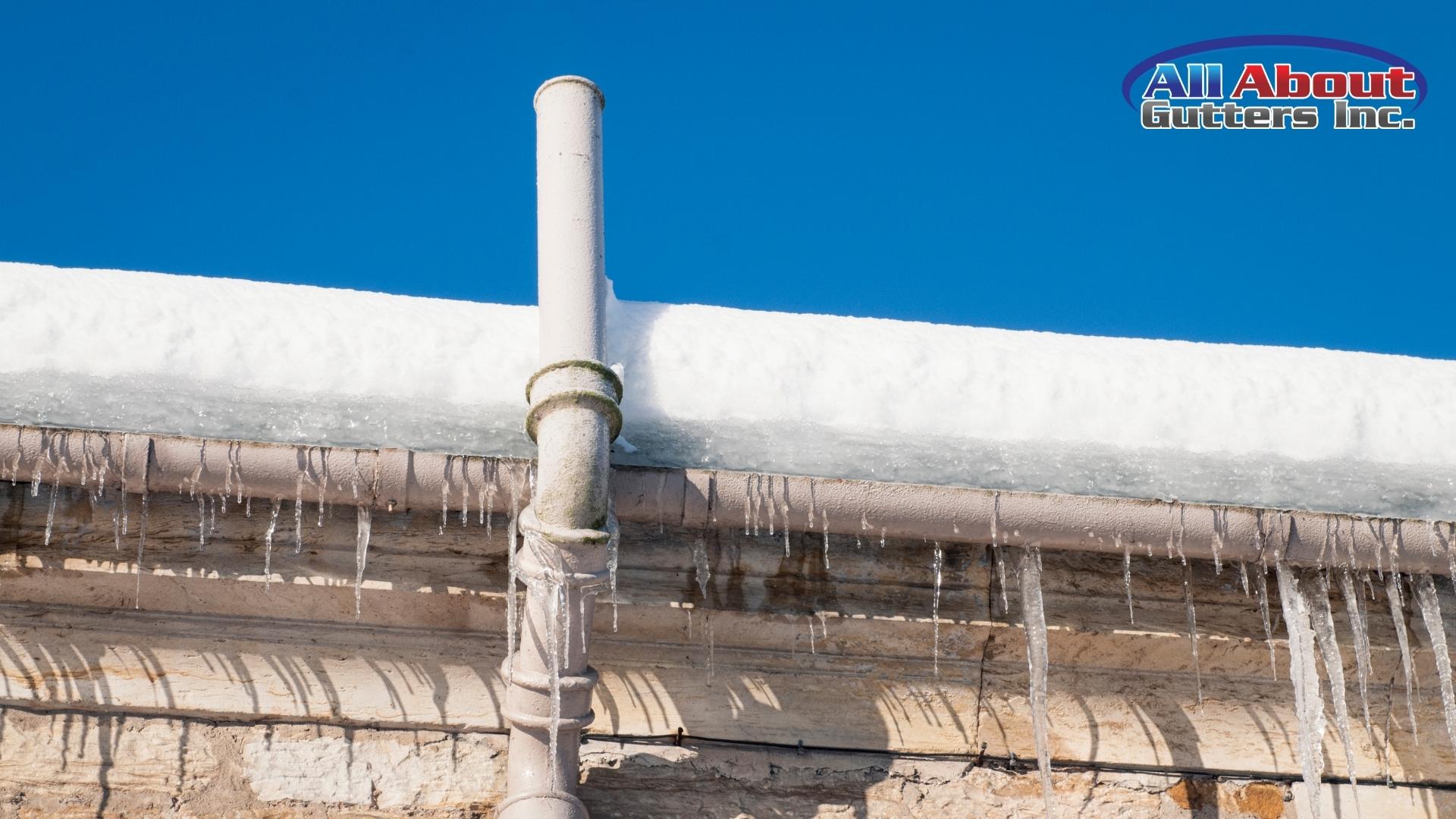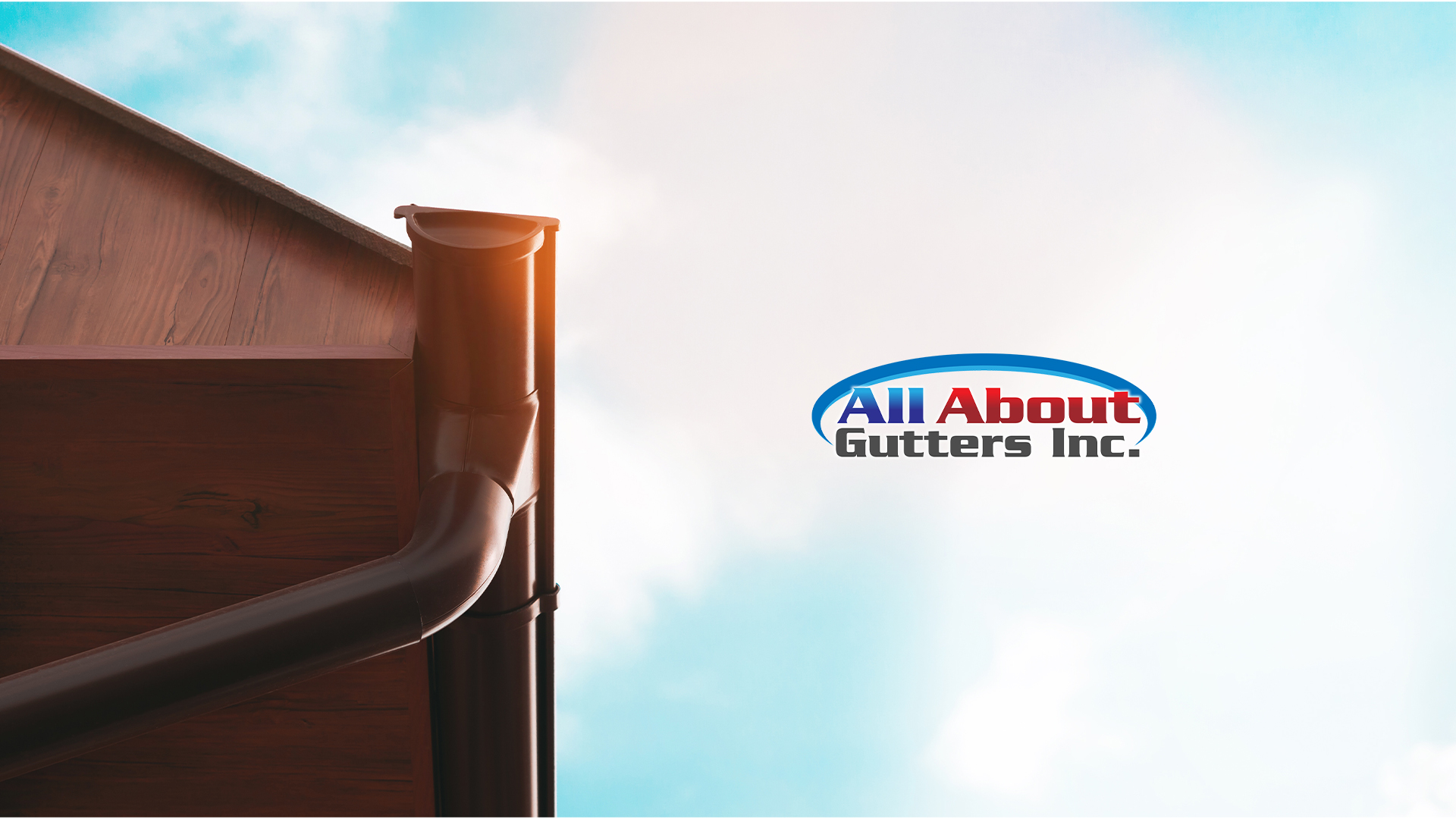How To Prevent Frozen Gutters?
If you live in a very cold area, where snowfall and frost are common during the winter, even during autumn or spring, you have to pay special attention to the maintenance of the gutter. If gutters don't drain properly and water pools in them, a snowfall or cold snap can cause the water to freeze in the gutters. Going from liquid to solid, the water expands, which can cause your gutters to crack or break due to the pressure they support.
Ice-saturated gutters can also cause ice damage to the roof,
which can cause serious damage to the house, as melting water will seep into
the house.
The best way to prevent damage caused by freezing water in
gutters is to maintain them properly so that the water is properly drained and
freezing does not occur. Here are some tips by All About Gutters Inc experts to
prevent your gutters from freezing.
Make sure your gutters have the
correct slope
If your gutter installation has been carried out by
professionals, they will be slightly inclined to direct the water towards the
downspouts. If your gutter system is too straight, water can pool in your
gutter and it will freeze easily during cold spells; with the consequent
problems that this produces.
If you have this problem, it is advisable to go to a
professional company to check the system and adjust the slope of the gutters so
that optimal drainage occurs.
Keep gutters clean
To prevent the freezing of the gutters during the winter, it
is appropriate to wait until the end of autumn; when all the leaves have fallen
from the trees. This is the right time to perform a cleaning and maintenance of
the gutter system. Leaving them completely free of leaves and dirt will prevent
water from accumulating in them, and therefore they will not freeze even if
they receive heavy snowfall, because when the snow melts it will be quickly
evacuated.
Add salt to your gutters
In the same way that salt is used to prevent ice and snow on
the roads, if you put salt inside your gutters, the snow will melt faster and
will not accumulate, which can cause freezing. This is only necessary if your
gutters are in an area where heavy snow storms occur regularly.
Care must be taken with the material from which the gutters
are made. Water with concentrations of salt can be corrosive on many materials,
it is preferable that you do not do it on PVC gutters since these corrode
easily. In the case of metal gutters, consult the distributor about the
characteristics of the material, since many metals pit and oxidize easily when
in contact with salt water.
Remove snow from the roof
If there is a strong blizzard and the amount of snow
accumulated on the roof is too much even to evacuate by itself, it is likely
that the gutters will suffer from freezing due to this saturation
It is important to assess whether this work is necessary
since it is not without danger. In areas with frequent snowfalls, it is common
to have extendable poles prepared to remove snow from the roof if necessary. If
you notice that the gutters are completely saturated with snow, use the pole to
remove as much snow as possible. This will allow the rest to melt little by
little and be evacuated through the gutters.
Under no circumstances should this be done by climbing onto
the roof, due to the obvious danger of slipping and falling. And it should not
be done by trying to melt the snow with water from a hose, since we will only
get the water to contact the snow to form a thick layer of ice, which is more
difficult to remove.
Gutters with heating cables
For areas of extreme cold and frequent blizzards, there is
the possibility of installing a system that heats the gutters through a cable
that runs through the entire system the cable is connected to the electrical
current and acts as a resistance. When heated, it transmits heat to the
gutters, especially if they are made of metal. This causes the snow to melt
immediately when it comes into contact with the gutters, being quickly
evacuated.




Comments
Post a Comment